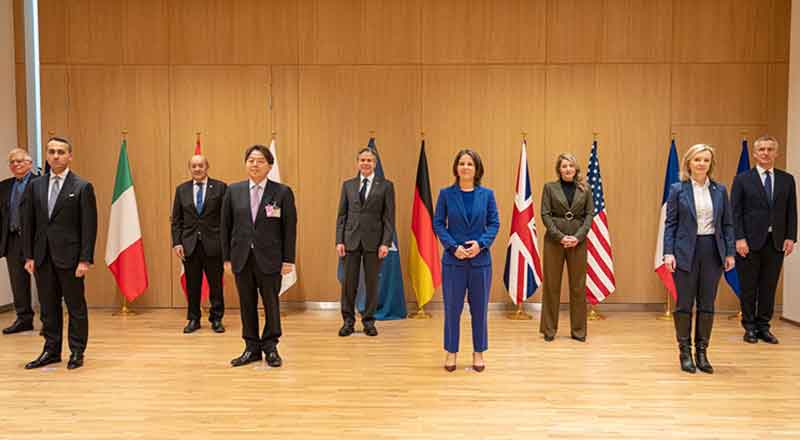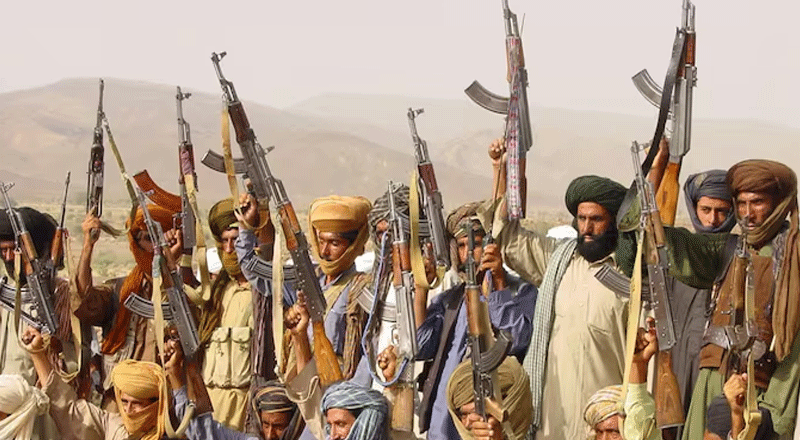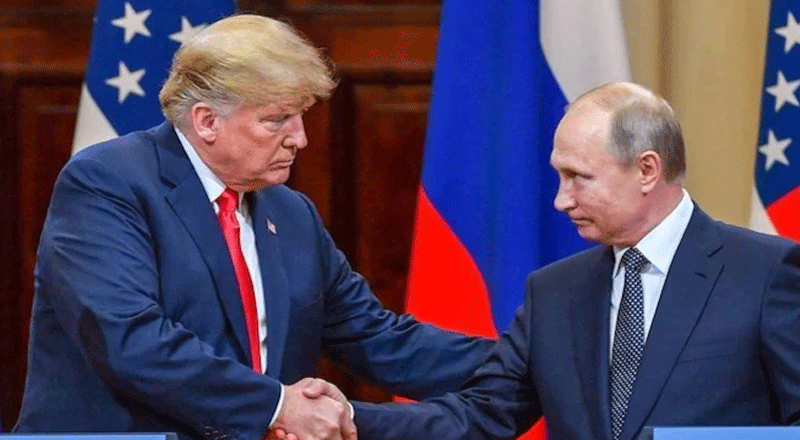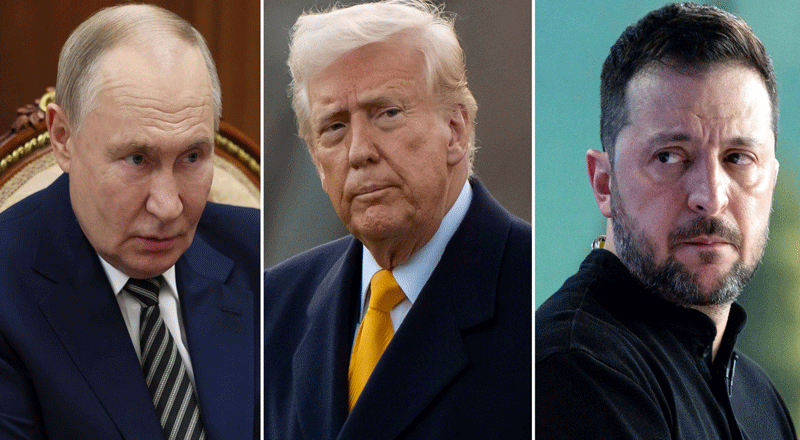What is the G7 and its Role?
The Group of Seven (G7) is an intergovernmental organization comprising seven of the world’s leading advanced democracies: the United States, Canada, Japan, France, Germany, Italy, and the United Kingdom. Formed in the 1970s, the G7 serves as a platform to address global economic, security, and political challenges, emphasizing shared values of democracy and open markets. In recent years, the G7 has played a central role in responding to geopolitical crises, including the ongoing Russia-Ukraine war, by leveraging its collective influence to enforce sanctions and coordinate international support.
The Russia-Ukraine War: A Brief Overview
The conflict in Ukraine began in February 2022 when Russia launched a large-scale invasion, intensifying tensions that had simmered since Russia’s annexation of Crimea in 2014. The war has resulted in massive civilian casualties, widespread displacement, and severe economic repercussions. Ukraine has resisted with the backing of Western nations, including significant military aid and economic sanctions targeting Russia.
Russia’s invasion has been widely condemned as a violation of international law, with the G7 nations leading efforts to isolate Moscow diplomatically and economically. These measures aim to deter further aggression while supporting Ukraine’s sovereignty and territorial integrity.
G7’s Pledge: Standing with Ukraine
As the war approaches its 1,000th day, G7 leaders reaffirmed their unified stance against Russian aggression. A statement released on Saturday emphasized:
Severe Costs on Russia: The G7 reiterated its commitment to imposing sanctions, export controls, and other economic penalties to pressure Moscow. These measures target key sectors of Russia’s economy, including energy exports and technology access.
Unwavering Support for Ukraine: The bloc pledged to support Kyiv “for as long as it takes,” signaling continued military, economic, and humanitarian aid to bolster Ukraine’s resistance.
Peace and Accountability: The G7 squarely placed responsibility for the lack of peace on Russia, calling it “the sole obstacle to just and lasting peace.”
Italy, holding the G7 presidency for 2024, has been instrumental in shaping the bloc’s ongoing support strategy. The G7 has coordinated efforts with NATO, the European Union, and other allies to ensure a robust response to the crisis.
A Unified Front Amid Ongoing Challenges
The G7’s firm stance underscores the group’s determination to uphold international law and counter authoritarian aggression. As the war persists, the bloc’s measures reflect a long-term commitment to Ukraine’s sovereignty and a broader effort to deter similar acts of aggression worldwide.
By maintaining economic pressure on Russia and offering unwavering support to Kyiv, the G7 seeks not only to end the immediate conflict but to reinforce the principles of democracy, peace, and justice on the global stage. As the conflict enters its third year, the G7’s resolve remains critical in shaping the path toward a peaceful resolution.
(With inputs from agencies)





